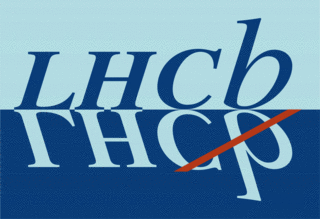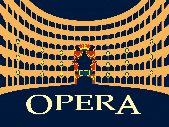CMS luminosity information, for 2011 CMS open data
CMS Collaboration
Cite as: CMS Collaboration (2017). CMS luminosity information, for 2011 CMS open data. CERN Open Data Portal. DOI:10.7483/OPENDATA.CMS.FPPH.Q7S2
Data recorded in 2011 and published in 2017Supplementaries Luminosity CMS CERN-LHC
Description
Updated on December 1st 2022. This record contains outdated luminosity information, please use the detailed luminosity information instead.
CMS measures the luminosity with different luminometers (luminosity detectors) and algorithms. The luminosity values presented here correspond to an early version of those obtained with the Hadron Forward calorimeter's Zero Counting algorithm (hfoc). However, as of 2020, an upgraded and more detailed version of the luminosity information is available (and recommended).
The integrated luminosity for validated runs and luminosity sections of all 2011 p-p data taking is available in the table 2011lumi.txt. It includes 2011 RunA and RunB. The values for 2011 RunA data taking are also available separately in 2011RunAlumi.txt.
In your estimate for the integrated luminosity, check for which runs the trigger you have selected is active and sum the values for those runs. The uncertainty in the luminosity measurement of 2011 data should be considered as 2.2% (reference CMS PAS SMP-12-008).
If you are using prescaled triggers, you can find the trigger prescale factors as shown in the trigger examples. The change of prescales (run, lumi section, index of prescales) is recorded in prescale2011.txt.
For luminosity calculation, a detailed list of luminosity by lumi section is provided in 2011lumibyls.csv for the list of validated runs and lumi sections.
Note that if there are orphan lumi sections listed at the bottom of the lumi files as in json but not in results, they can be safely ignored. These lumi sections have no events as they correspond to the very end of runs for which the stable beam flag was not disabled yet during acquisition.
Additional information on how to extract luminosity values using the brilcalc tool can be found in the luminosity calculation guide.
Related datasets
An upgraded (recommended) version of this luminosity description is available:Files and indexes
Disclaimer
These open data are released under the Creative Commons Zero v1.0 Universal license.
Neither the experiment(s) ( CMS ) nor CERN endorse any works, scientific or otherwise, produced using these data.
This release has a unique DOI that you are requested to cite in any applications or publications.







